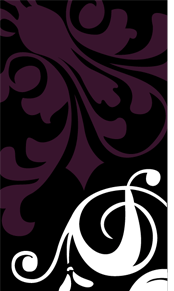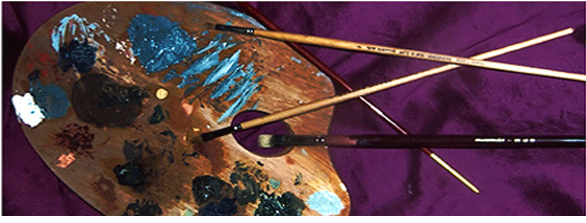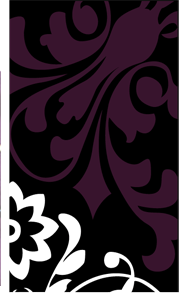Click on the image for price and size details.
|
Willem de Kooning(1904-1997)Dutch-born American painter, whose work is characterized by energetic
brushstrokes and twisted forms. Willem De Kooning was a leading member of the
abstract expressionism movement, which sought to capture the spontaneous and
often vigorous act of painting through the artist’s personal gestures.
De Kooning was born in Rotterdam, the Netherlands. From 1916 onward he
received classical instruction in drawing and painting at the Rotterdam Academie
and at the Académie Royale des Beaux-Arts in Brussels, Belgium. Willem De
Kooning emmigrated to the United States in 1926, and settled in New York City in
1927.
In the early 1950s de Kooning used slashing strokes of color to create a
series of paintings of women. In many of these works, an imposing framework of
angular shapes conceals a violently distorted figure with exaggerated female
features. His oil paintings of women shocked many feminists, who interpreted his
colliding brushstrokes as a gesture of violence toward the female body. But de
Kooning related his oil paintings of women to prehistoric fertility figures.
De Kooning's art always hovers between figuration and abstraction. Easter
Monday combines abstract brushstrokes with recognizable lettering and
photographs of human figures.
In the early 1960s de Kooning’s compoitions opened up, with long, wide swaths
of color that evoked landscape forms. By the 1970s his canvases had become more
densely congested with brushstrokes. De Kooning produced simpler and more
lyrical works in the 1980s, which featured loops and twisting lines of orange,
blue, or red on bare white surfaces.
Willem De Kooning’s famous oil paintings include:
- Woman V
- Elergy
- Pink Angels
- Woman
- Woman 1
- Woman IV
- Woman as Landscape
- February
- Whose Name Was Writ in Water
|




